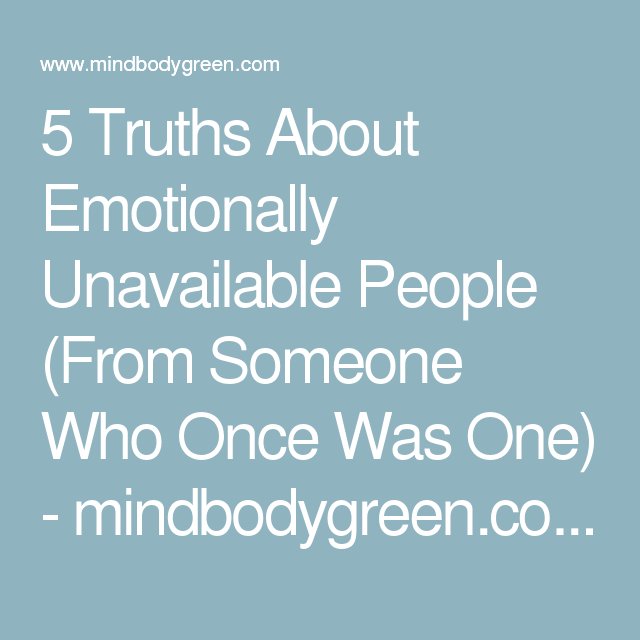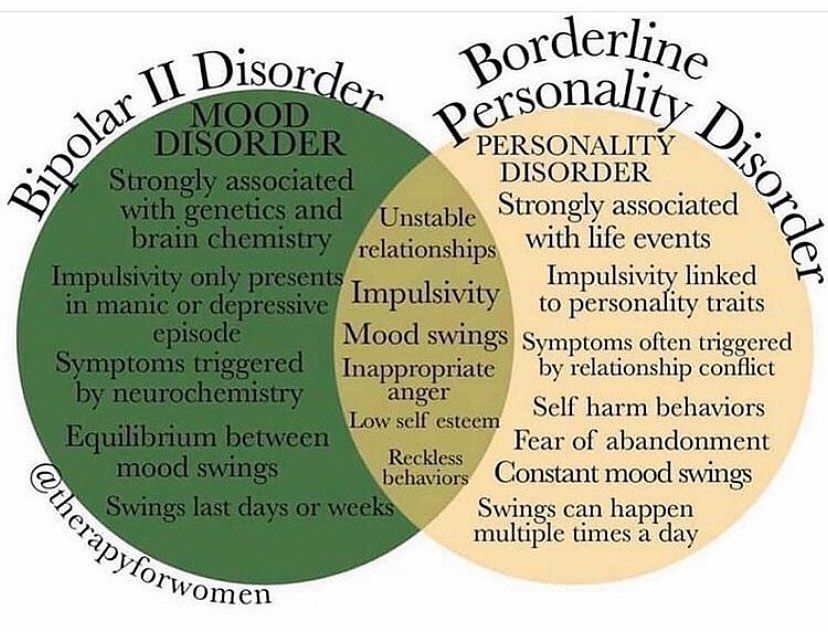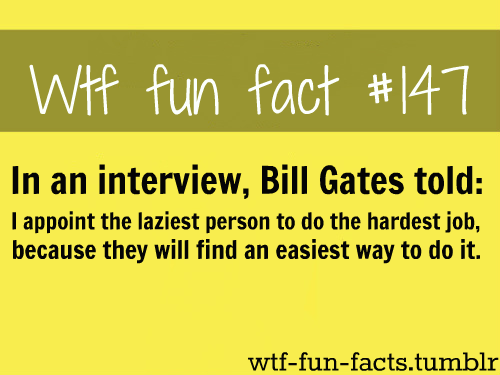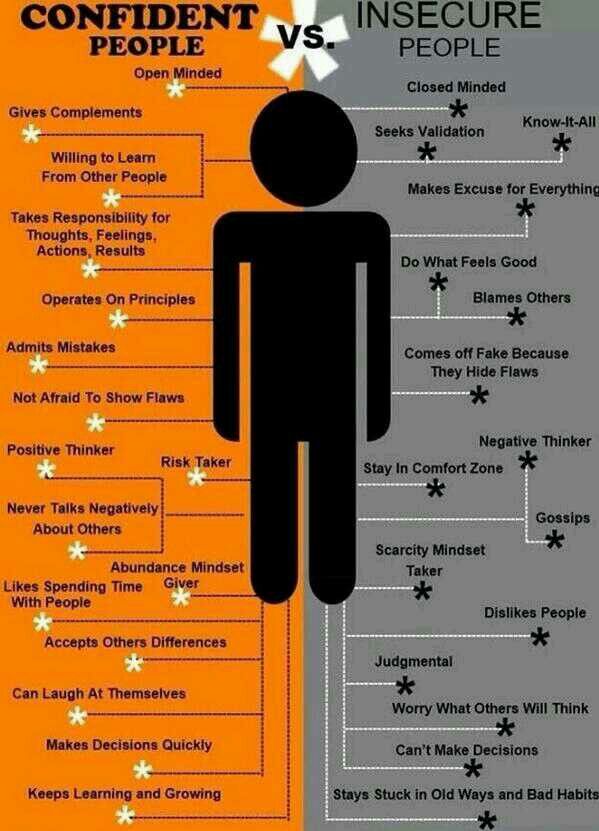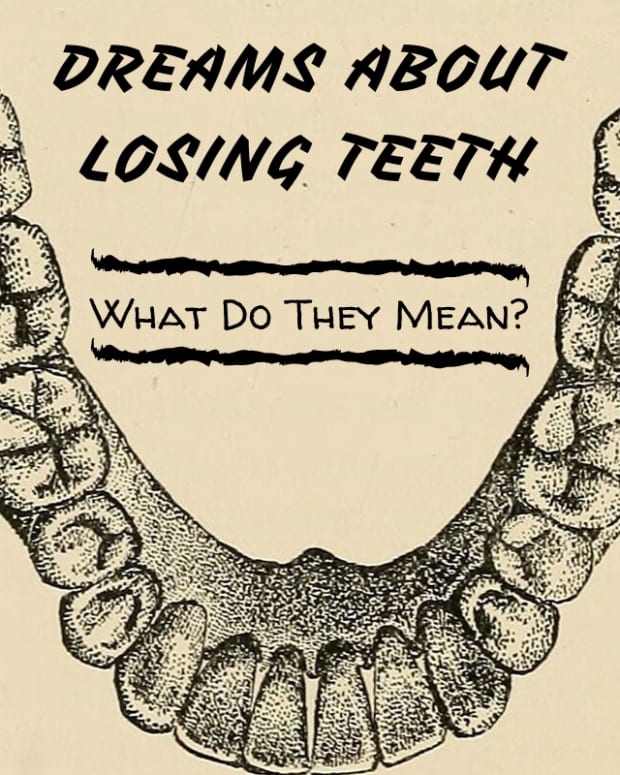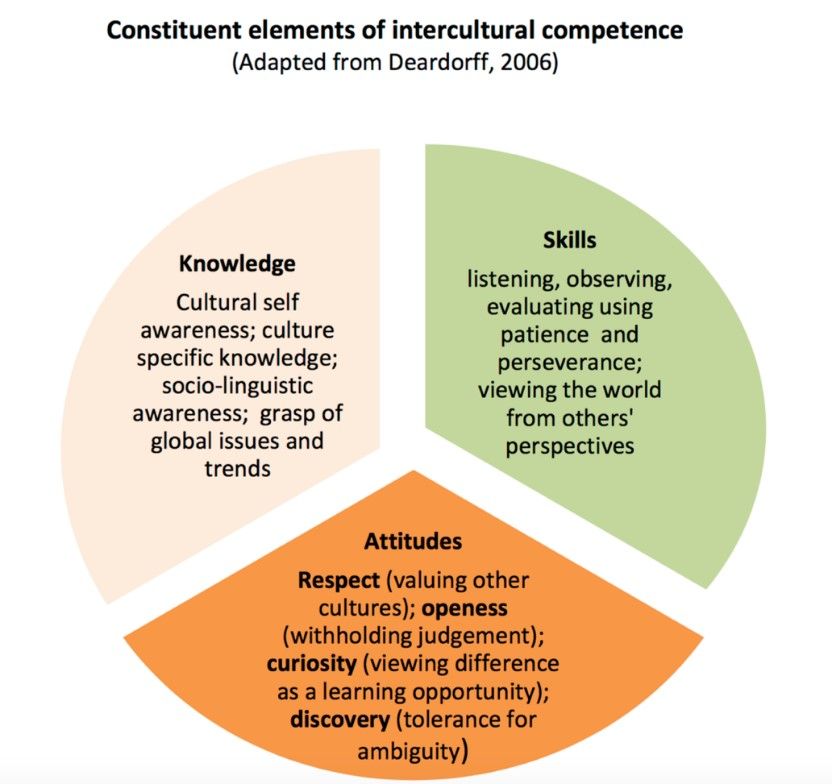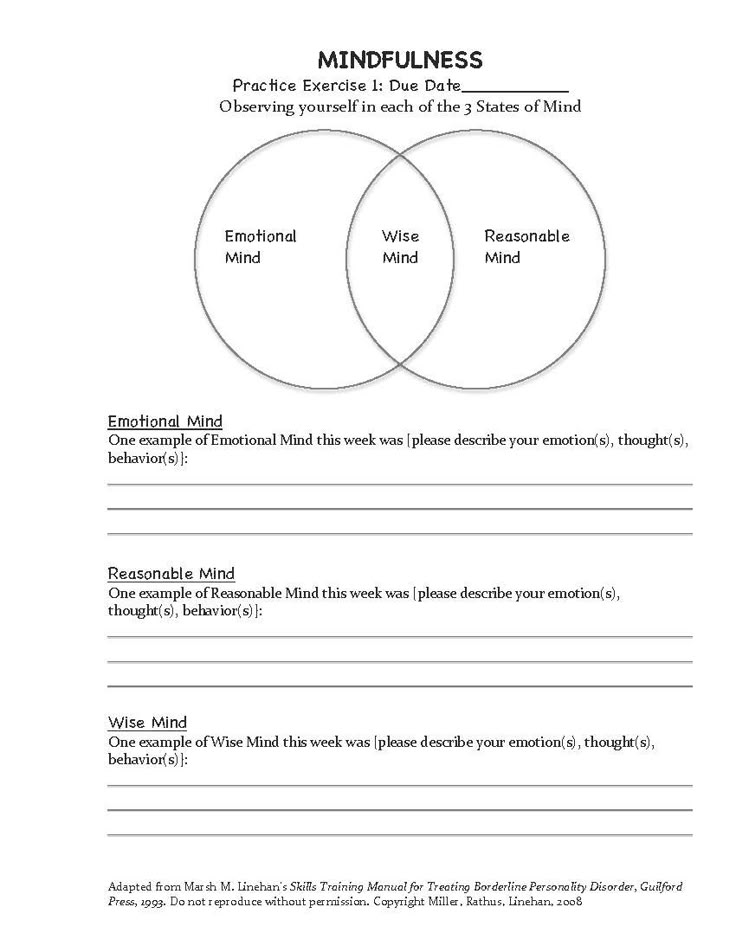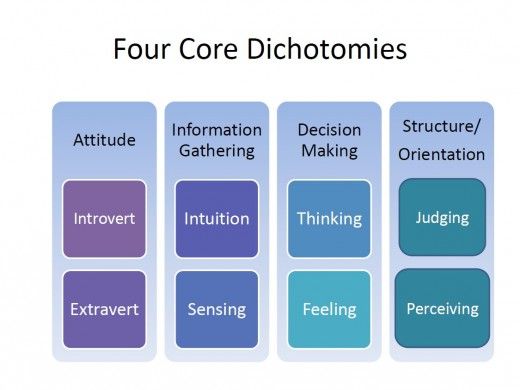What is emotionally unavailable
5 Signs of Emotional Unavailability
Indifference, avoidance, and detachment are three of the many signs of emotional unavailbility. Learning to spot an emotionally unavailable person can protect you from toxic relationships.
You may have felt someone you care about couldn’t be there for you emotionally at some point. Maybe they seemed distant, unaffectionate, or uninterested.
It’s natural to be emotionally unavailable when you have a lot going on or need personal space.
But, what about people who frequently seem this way? How can you recognize an emotionally unavailable person, in general?
What causes emotional unavailability may be specific to the person. It could include an insecure attachment style, a personality disorder, or even a symptom of childhood trauma.
Although everyone’s different, there are a few telltale signs of emotional unavailability.
Learning to recognize these signs may help you make decisions about your relationships and protect yourself if you feel invested in someone emotionally unavailable.
Emotional unavailability refers to someone who doesn’t respond to your emotional needs or cues. An emotionally unavailable man or woman has persistent difficulty expressing or handling emotions, and getting emotionally close to other people.
Lack of emotional intimacy is a sign of unavailability in a relationship, for example.
“When we say someone is emotionally unavailable, we mean that they are not comfortable feeling their own emotions, sharing emotions with others, or being present and responsive to someone else’s emotions,” says Dr. Lindsay Jernigan, a licensed clinical psychologist in South Burlington, Vermont.
On the other hand, someone who’s emotionally available is comfortable sharing an uninhibited connection with someone else, and this includes emotional intimacy.
Everyone’s different and may express emotional unavailability in their own way. However, someone who is emotionally unavailable may:
- seem standoffish in general
- find it challenging to talk about their feelings
- avoid certain topics or situations that involve emotional expressions
“Many people, particularly male gender-identified people, receive culturally reinforced messages that emotional vulnerability is ‘weak,’ and in response, they develop patterns of emotional unavailability in an attempt to live up to cultural gender expectations,” says Jernigan.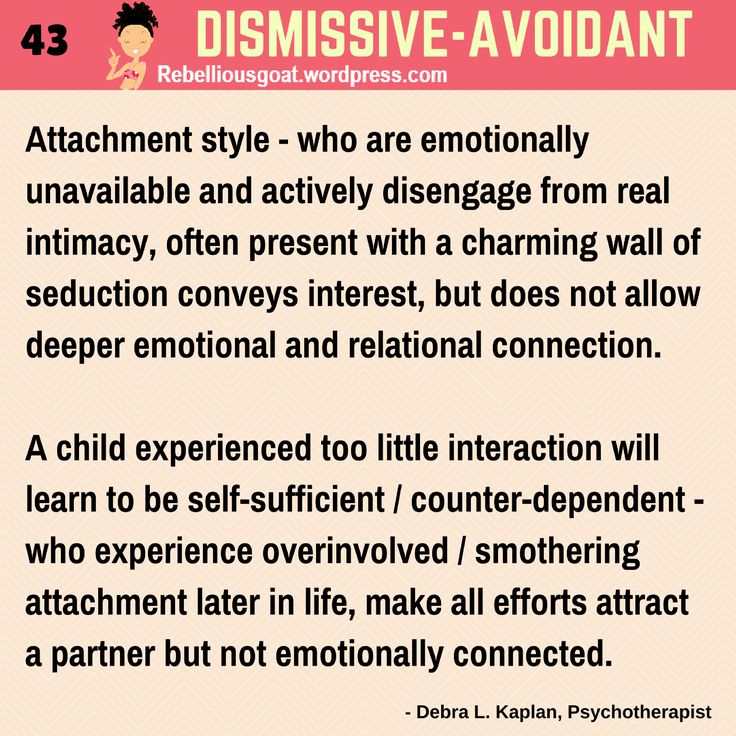
Still, it’s a misconception that only men show signs of emotional unavailability or that all men are emotionally unavailable.
Being emotionally unavailable may look different depending on the situation, but the common theme is that dealing with emotions is a challenge.
Here are some important signs that tell you someone is emotionally unavailable:
1. They avoid intimacy
Someone who’s emotionally unavailable may fear intimacy — sharing their innermost feelings and thoughts with you.
“Discomfort with vulnerability leads some people to distance themselves from their own emotional experiences, which makes it almost impossible to engage with others in a way that has emotional intimacy and depth,” says Jernigan.
She adds that a lack of physical affection or eye contact could also be indicators of emotional unavailability, although this isn’t a rule.
When your loved one dodges intimate conversations or situations, it might seem like they don’t trust you.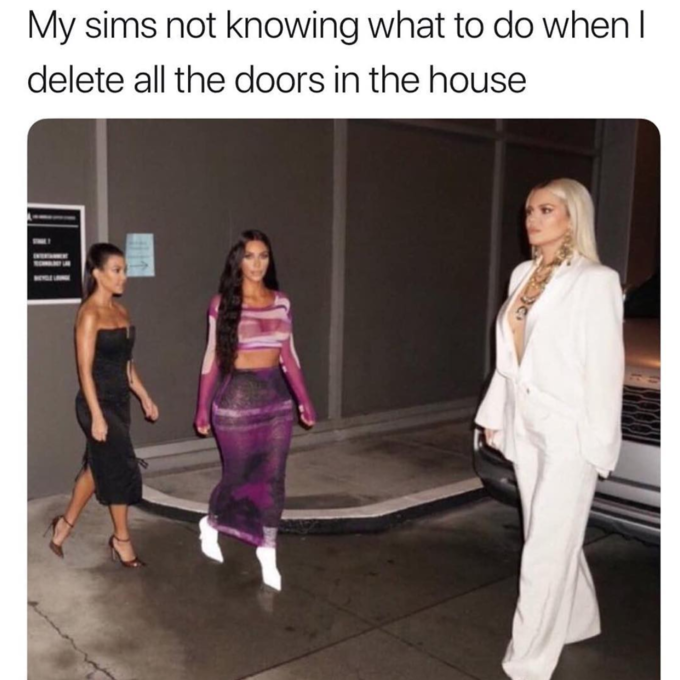 But in most cases, it’s not a personal thing. They’re used to relying on themselves and being self-sufficient.
But in most cases, it’s not a personal thing. They’re used to relying on themselves and being self-sufficient.
You may also find you “hit a wall” every time you try to get close to them.
“Painful emotions, or emotions that make someone feel emotionally vulnerable, are particularly challenging,” says Jernigan.
2. They avoid commitment
Commitment is often difficult for someone who is emotionally unavailable.
For instance, they may put off labeling your romantic relationship or initiating a next step, such as moving in or proposing marriage.
Fear of commitment and fear of getting too close are two common signs of emotional unavailability in men and women.
Emotionally unavailable partners might prefer having casual relationships with multiple people or may end relationships if things are getting “too serious.”
In a friendship, the person may be hesitant to make plans or might cancel those often. They might also become evidently uncomfortable if you express love for them or treat them as a confidant.
3. They get defensive easily
“Someone who is emotionally unavailable rarely initiates conversations that involve discussing relationship dynamics, hurt feelings, or requests for behavioral changes,” says Jernigan.
An emotionally unavailable partner also tends to respond in a defensive way. Or, they might blame you or someone else for their problems. They find trusting others challenging and this may lead them to emotional detachment as well.
Living detached and distrustful is actually a sign of cluster A personality disorders. These conditions could lead someone to become emotionally unavailable.
4. They aren’t available… period
If you tell them you need them, emotionally unavailable people tend to run the other way. Sometimes, they literally are nowhere to be found when you’re going through a rough time or simply want to talk.
Or they might stick around, but they’ll tend to minimize your emotions. They could also try to change the subject or just withdraw from an emotional conversation.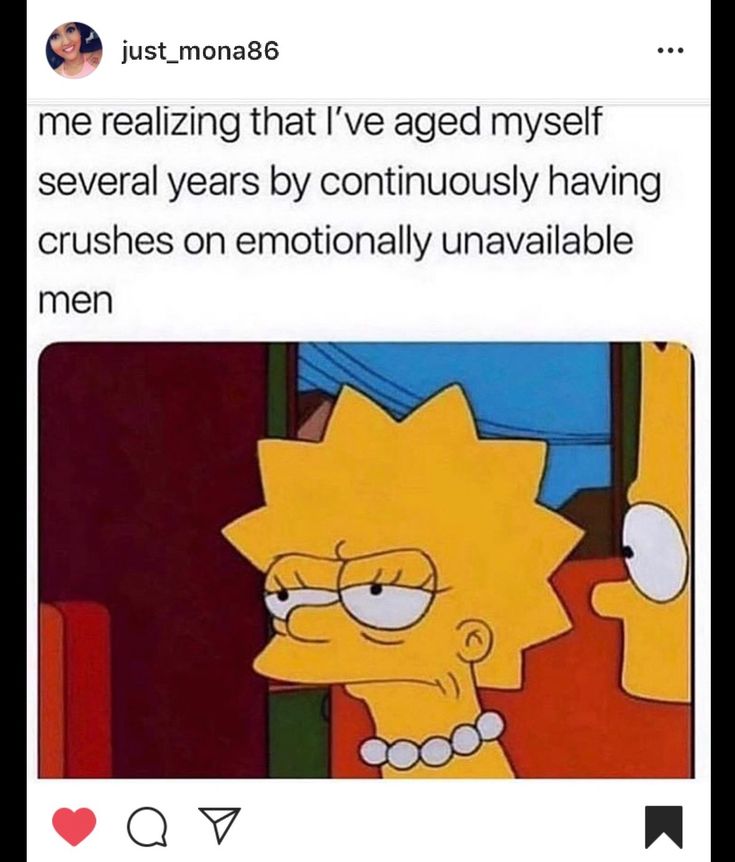
Someone who’s emotionally unavailable might also persistently want to keep topics “light” even when you tell them you need to vent or need advice.
5. They might not empathize with your feelings
Because they tend to “turn off” emotions and have poor insight, people who are emotionally unavailable might also exhibit low empathy — the inability to understand or share someone else’s feelings.
In other words, an emotionally unavailable person may not be able to relate to you, put themselves in your shoes, or consider your feelings when making a decision.
This doesn’t necessarily mean they don’t care about your feelings, but they might not have the emotional capability to identify and honor your needs.
Since an emotionally unavailable person isn’t comfortable exploring their own emotions, they might not be able to connect with other people’s emotional needs, either.
“A lack of exploration of one’s own emotional landscape leads to a lack of personal insight, and ultimately, limited comfort with and attunement to others’ feelings,” says Jernigan.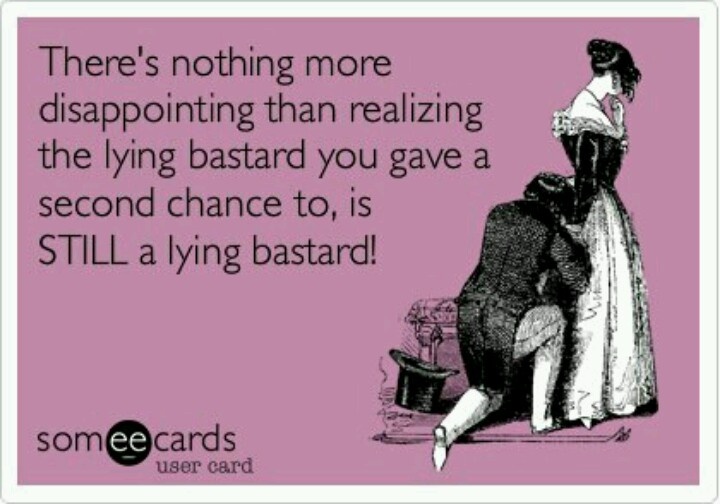
There are likely many causes for emotional unavailability. But much of the research on the topic has focused on attachment styles and the early parent/child relationship.
Your first relationships with caregivers may play a key role in emotional intimacy and availability.
When caregivers deny affection and emotional support or reprimand the child for emotional expressions, children tend to repeat this pattern in their adult relationships.
Those children who don’t experience adequate responses to their emotional needs may be more likely to develop an avoidant attachment style, a form of unhealthy attachment.
This means they’ll tend to be more independent, physically and emotionally, and have a harder time getting intimate with others or relying on them.
Jernigan says that “attachment wounds,” such as a history of being abandoned, neglected, or ridiculed, may also lead to emotional unavailability. These wounds can develop in childhood or later in life.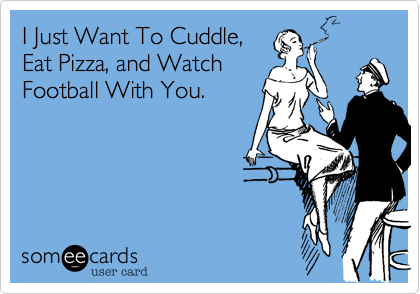
“Staying emotionally distant serves a self-protective purpose in these cases,” she says. “If I don’t have to feel, then I don’t have to feel pain, and if I don’t feel too close to you, then I’m not particularly vulnerable to having my feelings hurt by you.”
Avoidant personality disorder, which is different from avoidant attachment style, may also be a cause of emotional unavailability. In fact, people with this condition behave in a certain way in their relationships.
Other factors, such as cultural and gender influences, may play a role in someone’s tendency to be emotionally unavailable.
“This doesn’t mean that emotional availability can’t be developed if it doesn’t come naturally, but some differences along a spectrum of comfort with emotions is most likely part of natural human variability,” says Jernigan.
While the signs of emotional unavailability and narcissistic personality disorder (NPD) may overlap, they aren’t the same thing.
An emotionally unavailable person has difficulties expressing or handling emotions. Someone with narcissistic traits, however, may also have:
Someone with narcissistic traits, however, may also have:
- an exaggerated sense of self-importance
- feelings of superiority and grandiosity
- a sense of entitlement
- a persistent need to be powerful, successful, smart, admired, or loved
- persistent low empathy
Signs of emotional unavailability include fear of intimacy, trouble expressing emotions, and commitment anxiety.
“It’s not something you can fix for them, nor is it something they can quickly and easily change about themselves for you,” Jernigan says. “Engaging in this process with someone takes time, patience, and compassion.”
If you’re in a relationship with someone emotionally unavailable, it’s important to understand that this isn’t something they can turn back on at will.
Emotional unavailability can be managed, but it often requires the person to acknowledge this blockage and seek help.
In that case, a mental health professional may be able to support the self-exploratory process with psychotherapy or counseling.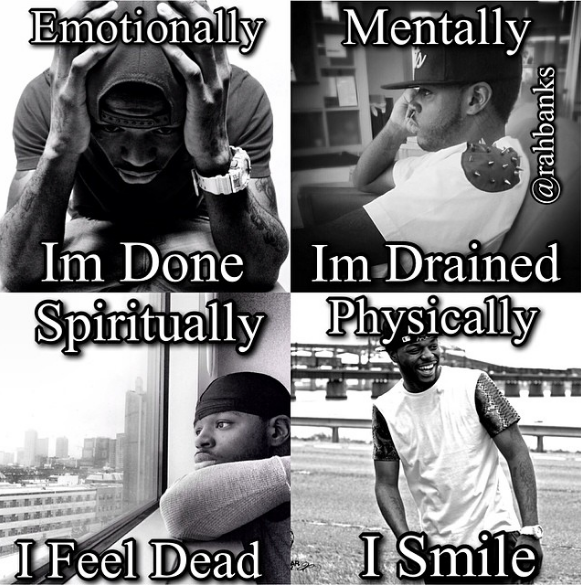 This can take years, though.
This can take years, though.
It may be a good idea for you to consider if this is the type of bond that fulfills you. If it isn’t, stepping aside may be the only way to go.
Emotionally Unavailable: What It Means & 15 Signs To Look For
Being emotionally unavailable describes someone who is not open to discussing or sharing their feelings. They can be evasive, flaky, or hard to read. "They're scared of intimacy," explains licensed couples therapist Brooke Sprowl, LCSW, CNTS.
Licensed psychotherapist Pam Shaffer, MFT, adds that being emotionally unavailable often reflects a lack of emotional depth. "It doesn't mean that something is wrong with you, but it may mean that you are using your emotional bandwidth to cope with your own feelings or circumstances, so you don't have enough to necessarily tune into another person," she explains.
According to Sprowl, the term "emotionally unavailable" is essentially born from meme culture and has been popularized in the last decade or so, so you won't find it in any diagnostic psychology manual. It's a phrase that has further found its footing due to "hookup culture" and dating app popularity.
It's a phrase that has further found its footing due to "hookup culture" and dating app popularity.
Advertisement
This ad is displayed using third party content and we do not control its accessibility features.
1.
They don't communicate consistently
Sure, not everyone is available all the time for a super-quick text back, but if this is happening all the time, take note. If "someone is leaving you guessing as to when they are going to talk to you, chances are good that they are not emotionally available to truly connect and make you feel heard," Shaffer says. When someone is there for you and is into you, they want to talk to you and will make the effort.
Advertisement
This ad is displayed using third party content and we do not control its accessibility features.
2.
They avoid conversations that go deeper
If the person you're seeing has no interest in getting "deep" with your conversations, especially when it comes to your relationship, that's a sign of emotional unavailability.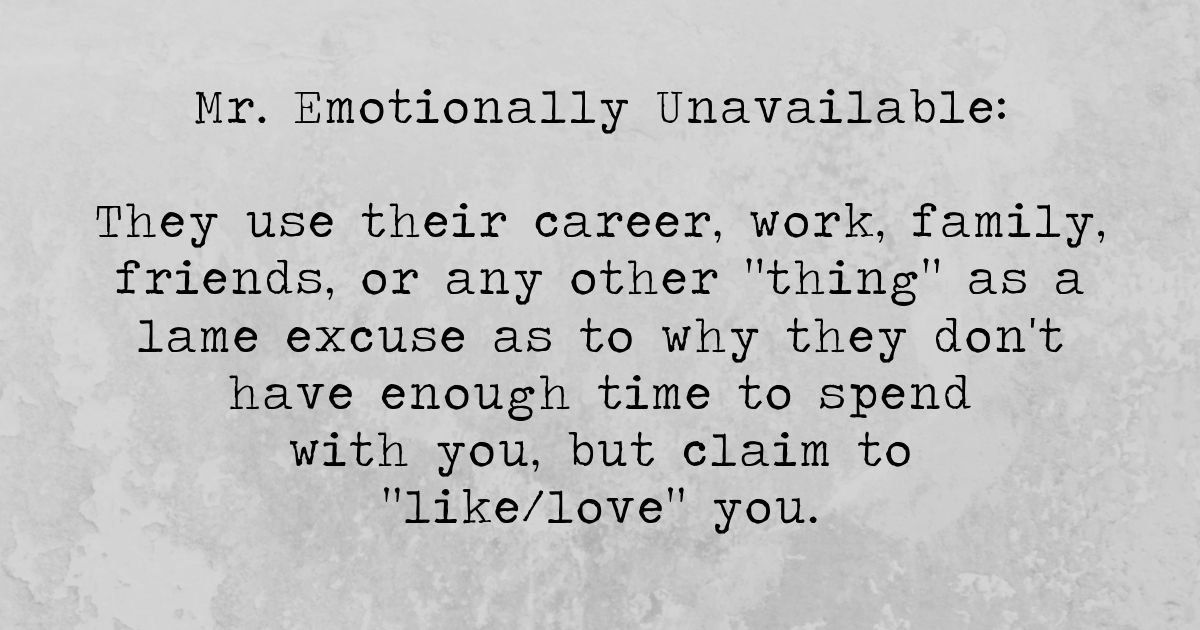 If they "avoid engaging in communication or discussions centered around commitment or even getting closer in the relationship," you should beware, says Fran Walfish, Ph.D., a family and relationship psychotherapist, and author of The Self-Aware Parent.
If they "avoid engaging in communication or discussions centered around commitment or even getting closer in the relationship," you should beware, says Fran Walfish, Ph.D., a family and relationship psychotherapist, and author of The Self-Aware Parent.
Someone who doesn't want to share anything truly impactful about themselves is rarely someone who wants to have a serious relationship.
3.
They feel overwhelmed or smothered by emotional intimacy
Emotionally unavailable people often masquerade as being fiercely independent and self-sufficient. Sprowl says that this is an illusion used to evade being vulnerable with feelings. Wanting a little space in a relationship can be a sign of emotional control and wherewithal, but sometimes an excessive need for alone time in a relationship can be a reflection of discomfort with intimacy.
The "primary drive is independence, and their greatest fear is engulfment—in other words, losing themselves in another person or being subsumed. They seek space and solitude to regulate their anxiety, especially during conflicts," she says.
They seek space and solitude to regulate their anxiety, especially during conflicts," she says.
It's possible to date with an avoidant attachment style, but it likely means there are some insecurities that need healing.
Advertisement
This ad is displayed using third party content and we do not control its accessibility features.
4.
They avoid labels
Pretending you're not in a relationship when you are in a relationship is a red flag. If the person you're dating doesn't want to "label" the relationship, chances are things are not organically developing in a healthy way. "Relationships can take many forms, but if someone refuses to define their relationship or talk about what you can both expect from it while still wanting all the benefits of it, they might not be ready to be an available partner," Shaffer explains.
5.
They seem to want perfection
If you feel like you need to be perfect, chill, sexy, and interesting all the time in order to keep someone interested, chances are you're not the issue.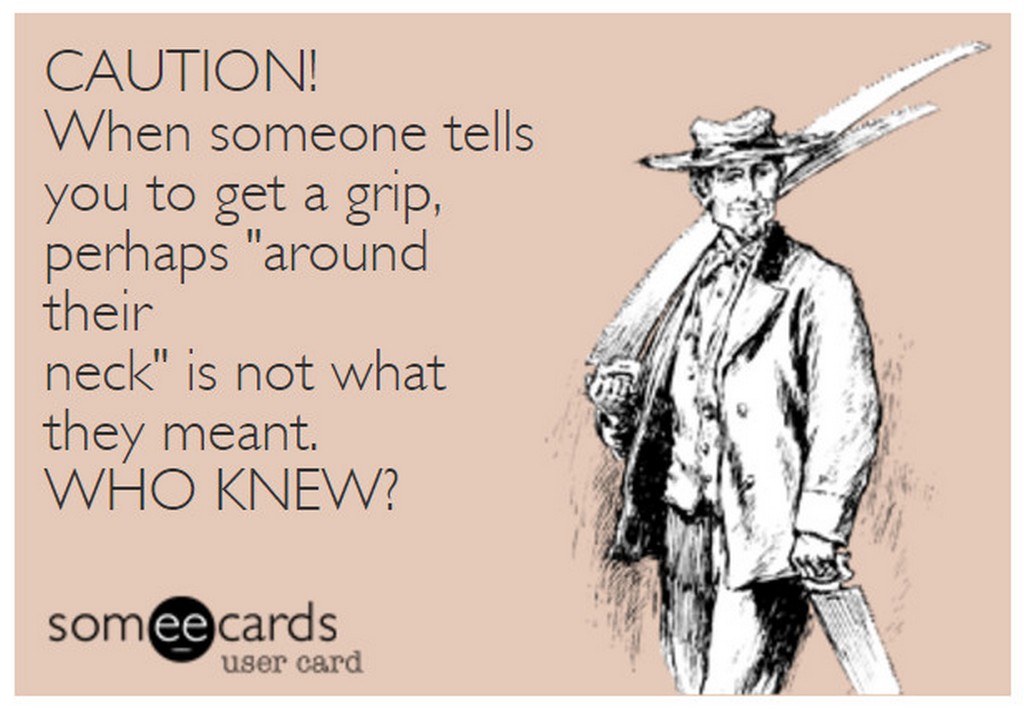 Emotionally unavailable people are impossible to mollify because they are always looking for something negative to latch onto in order to justify their crappy behavior. They seek perfection in imperfect humans so that they can use your flaws as justification for ending things or not getting serious with you.
Emotionally unavailable people are impossible to mollify because they are always looking for something negative to latch onto in order to justify their crappy behavior. They seek perfection in imperfect humans so that they can use your flaws as justification for ending things or not getting serious with you.
Advertisement
This ad is displayed using third party content and we do not control its accessibility features.
6.
They go from hot to cold
People who are emotionally unavailable tend to confuse their partners with their inconsistent behavior. They vacillate between being very hot and into the relationship one second, only to go totally cold the next. This can feel uncomfortable and scary. If someone makes you feel safe and comfortable one day, only to disappear for a week—this person is likely not emotionally available to you. While the temptation to come back when someone comes out of the rough may be great, it can ultimately be quite damaging to you.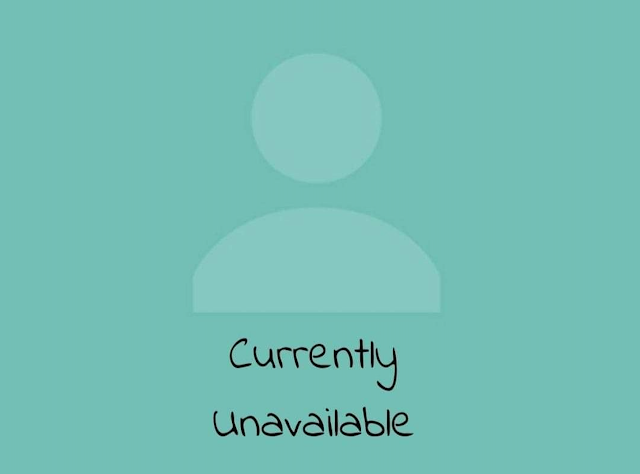 No one should feel like they're being jerked around.
No one should feel like they're being jerked around.
7.
They are unclear about what they want from you
"If you're second-guessing what you say all the time or can't get a clear answer on what your partner wants or needs from a relationship, they may not be available to be vulnerable with you," Shaffer says. This can also lead to that feeling of "walking on eggshells," wherein you worry one wrong step or word uttered will lead this person to stop calling you. This does not make for a productive dynamic. "When people are available, they allow themselves to tell their partner what they want, even though it can be scary to open up," Shaffer says.
8.
They don't compromise their time
People who are emotionally unavailable are often unaware of the feelings of others. (This is also a typical sign of a narcissist, by the way.) They tend to value control over situations and aren't willing to compromise. If the person you're seeing wants you to bend over backward to fit yourself around their schedule but won't inconvenience themselves to do the same, chances are they are emotionally unavailable.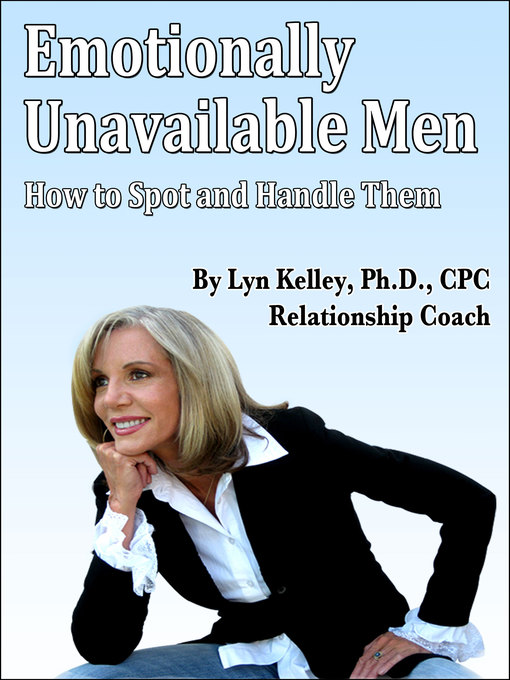 They want the relationship to revolve around them because they lack the emotional depth to understand that relationships are a two-way street.
They want the relationship to revolve around them because they lack the emotional depth to understand that relationships are a two-way street.
RELATED: One-Sided Relationships: 24 Signs, Causes & Ways To Fix It
1.
You tend to think of relationships as a "job"
If you find yourself looking at commitment as more of a task than as a thing that makes you feel good and connected to someone, you may be emotionally unavailable. "All relationships take some work, but if you start seeing them as a burden, you might not be as available as you thought," Shaffer says.
2.
You withhold personal feelings and thoughts
If you've found yourself unable or unwilling to share your feelings, you're likely emotionally unavailable. Walfish says this includes things like life goals, life regrets, wishes, hopes, and longings. While it may feel like you're just "being careful" with the vulnerable details of your mind, you can't create meaningful connections without taking some risks.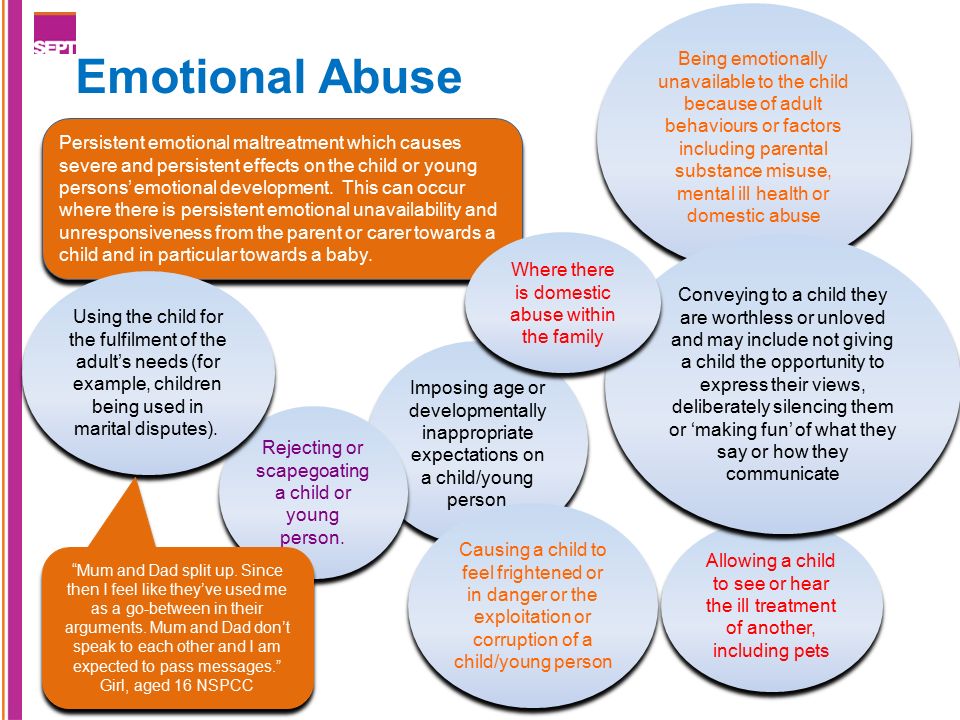
3.
You want to continue seeing other people
While there is an understanding these days that without the "Are We Exclusive?" conversation, you can (and probably should) keep seeing other people, if you're avoiding that conversation in order to keep your options open, you might be emotionally unavailable. By seeing multiple people, you attempt to avoid developing an attachment to one person. This may seem like a smart choice, but it shows the anxiety you have around your own emotions.
4.
You are only attracted to people who are either far away or otherwise unavailable
There is a certain allure of having a "text-only relationship." You have someone there to validate you and make you feel good about yourself, without having to put in any of the work for a relationship. "This is a great way to have fantasy relationships in your head but is a solid clue that you are avoiding having to deal with the work of a relationship in real time," Shaffer explains.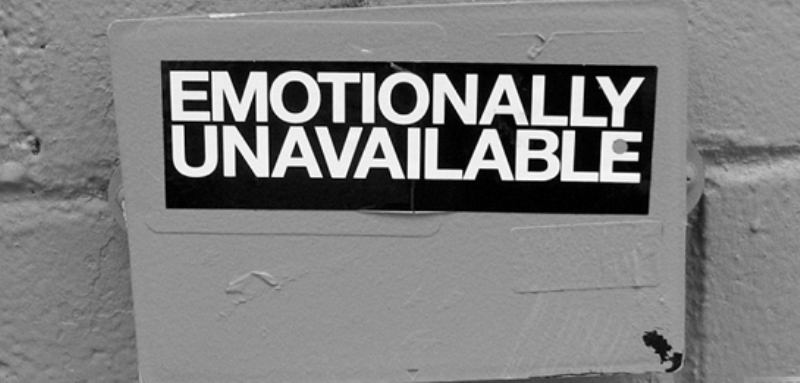 Real relationships take real time and real effort. If you're not willing to put those in, you're not ready for a relationship.
Real relationships take real time and real effort. If you're not willing to put those in, you're not ready for a relationship.
5.
You are naturally distrustful
If you feel yourself pulling away from people who try to get close to you or find that you question and distrust the intentions of others, you're emotionally withholding. It's not to say that you should automatically trust everyone you meet, but pulling away without a reason is cause for concern. "It takes time to trust new people, but if you find yourself pushing others away consistently, it's a good 'check engine' light that you may need to get an emotional tune up," Shaffer says.
6.
You conflate drama with intimacy
If you're a person who enjoys being "chased" and sought after by the person you're seeing, Sprowl says you may be creating an illusion of passion in place of any real emotional intimacy. Just because it feels exciting doesn't make it real. Playing games, causing distress to another person, and watching them grovel for your affection can be intoxicating.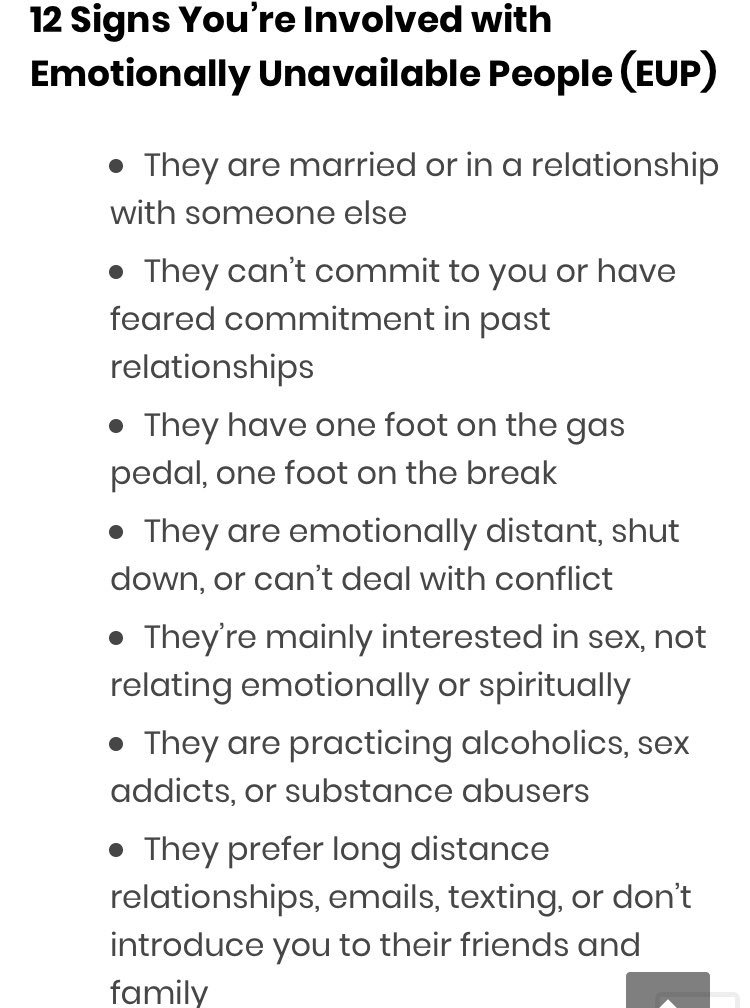 It's a power trip. It is also a sign of emotional manipulation and evasiveness. If you're in it for the drama, you're not really giving up anything real about yourself. This says a lot about you. It may be time to reevaluate your priorities.
It's a power trip. It is also a sign of emotional manipulation and evasiveness. If you're in it for the drama, you're not really giving up anything real about yourself. This says a lot about you. It may be time to reevaluate your priorities.
7.
You cut people off at the drop of a hat
Letting go of toxic, draining relationships with friends and partners is a good idea, but emotionally unavailable people tend to do this without proper consideration for the consequences. If you'd rather ghost or block someone than work through a conflict, you may want to look inward. This is often a sign that you have internal work to do on your capacity for the emotional space needed for a truly deep relationship. Cutting someone off protects you from getting close to people, but it also distances you from anything meaningful.
Being emotionally unavailable does not make you a bad person or someone incapable of love. It only means that you have some personal development to do in order to be a good partner.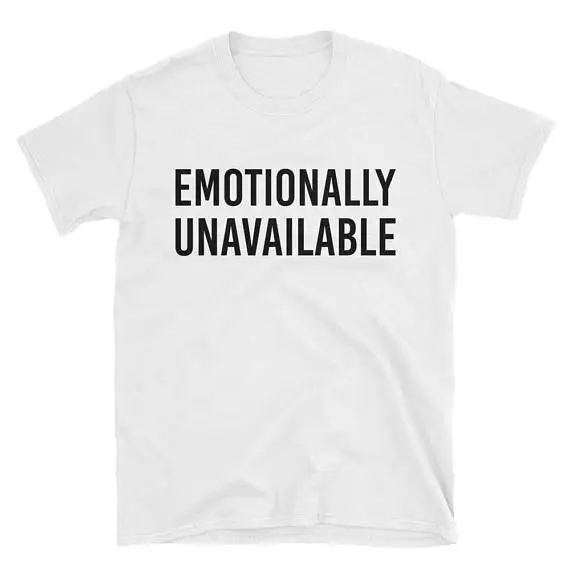 As with all things romance and life, it's a learning experience.
As with all things romance and life, it's a learning experience.
"If we don't learn the lessons our unhealthy relationships are revealing to us, our damaging patterns will keep repeating over and over again with the same and different partners," Sprowl says.
While being emotionally unavailable often leads to shallow relationships, those tenuous situations can serve as an opportunity to look inward and expand our emotional depths.
We need to use these emotionally unavailable relationships, whether culprit or victim, to expand our emotional repertoire. Experiences with emotional unavailability are not the problem; they are tools to reveal the true problems you need to work on in your life.
Once we do that, we can begin to grow. As Sprowl explains, using relationships as a way to expand ourselves helps us to "develop a road map for how to change the damaging patterns in our lives and [be] empowered to take ownership of our own healing."
5 reasons why you are attracted to emotionally unavailable guys - HEROINE
Our desires and actions often contradict each other: those who say they want mutual, serious, stable love are actually drawn to people who cannot give them this.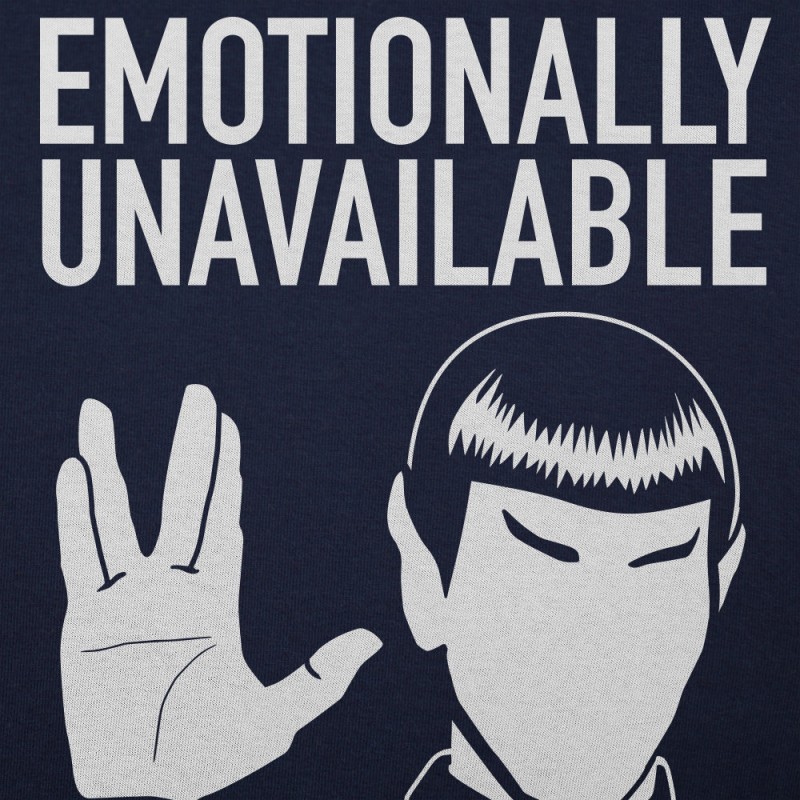 We understand why we are attracted to emotionally unavailable partners.
We understand why we are attracted to emotionally unavailable partners.
Who is an emotionally unavailable person
An emotionally unavailable person is someone who experiences great discomfort from getting close to other people and developing a healthy attachment. He can be withdrawn, closed to emotional support, act inconsistently, and give mixed signals. Sometimes he suddenly becomes affectionate, but as soon as it seems to you that everything is fine and you have become close, he steps back: disappears or does something offensive.
Communication with such a guy can be pleasant and interesting, but it will not work to build a deep connection. There are several reasons why people are drawn to such partners. Let's talk about them in more detail.
1. You like a challenge
One thing that cannot be blamed on an emotionally available partner is predictability. Today he writes dozens of messages, openly flirts so that by the evening you are sure that you are in a relationship.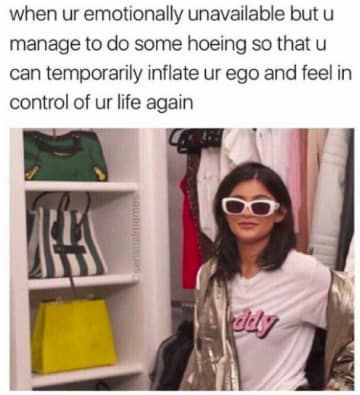 Tomorrow he disappears, answers reluctantly and coldly. Now you (or rather your vanity) want only one thing - to return the guy's favor and again feel that he is interested in you.
Tomorrow he disappears, answers reluctantly and coldly. Now you (or rather your vanity) want only one thing - to return the guy's favor and again feel that he is interested in you.
We date emotionally unavailable people because we get little nuggets of attention or signs that the person cares about us, says relationship counselor Share L. Josie. “It can show up in the way the person responds to our calls or text messages. If a person initiates communication, it strengthens our desire for more.
You can continue to communicate with an emotionally unavailable person in the hope that eventually you will get his attention. Make sure you don't change goals, and you are driven by interest in the guy himself, and not by the desire to "win."
2. It's about your attachment style
Psychology Today explains that attachment style is how you behave in a relationship. There are four types, but in the case of emotionally unavailable people, only two are important to us: people with an anxious type of attachment and a dismissive-avoidant.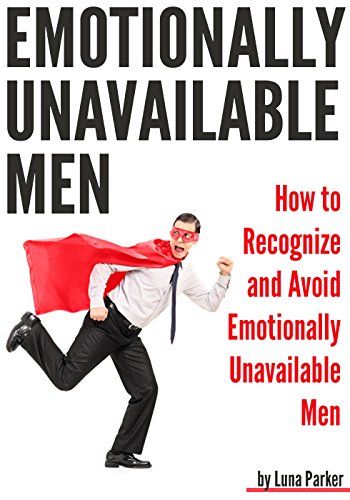 The former usually do not feel safe in a relationship, so they tend to constantly check on their partners. Avoidant people may push the person away or shut down in emotionally vulnerable situations, such as when they are required to confess their feelings.
The former usually do not feel safe in a relationship, so they tend to constantly check on their partners. Avoidant people may push the person away or shut down in emotionally vulnerable situations, such as when they are required to confess their feelings.
There is a relationship cycle called the chase/distancing cycle and the demand/refusal cycle, explains individual and couples psychotherapist Tara Vossenkemper. “One person is chasing and leaning into the pressure, while the other continues to distance and pull out of the pressure. And this may be a product of our attachment style.
An emotionally unavailable person, as a rule, has an avoidant type of attachment. If you constantly find yourself in the role of a stalker, the reason may be that you have an anxious type. In this case, it is worth contacting a specialist and discussing how to form a safer and healthier type of attachment.
3. You do not believe that there is a healthy long-term relationship
If you perceive love as a test in advance and are convinced that any relationship leads to suffering, this can contribute to the formation of a model of dating an emotionally unavailable partner. Often people subconsciously seek out those who can't be with them because they believe they deserve it. As the relationship expert points out:
Often people subconsciously seek out those who can't be with them because they believe they deserve it. As the relationship expert points out:
We tend to repeat the pattern of dating emotionally unavailable people because it fits some basic understanding of ourselves (I'm not good enough or attractive enough), or it may fit our understanding of relationships that comes from our parents' relationship. .
Low self-esteem can lead you to look for relationships that are doomed to failure. In this case, it is important to first understand your beliefs, believe that you deserve a healthy stable relationship, and only then look for someone with whom you can create them.
4. Your parents were emotionally unavailable
Parents have a lot of influence on how you build relationships with people in the future. If they were emotionally unavailable and their love and approval always had to be earned, this would lead to a search for such people in adulthood.
One reason we may be attracted to emotionally unavailable people is because one or both of our parents are emotionally unavailable, says therapist Elizabeth Kush. We model, give meaning, find solace, and base our assessments of the world on our childhood experiences. We look for similar, comfortable and familiar situations and people who reinforce our past experiences.
We model, give meaning, find solace, and base our assessments of the world on our childhood experiences. We look for similar, comfortable and familiar situations and people who reinforce our past experiences.
5. You hope to change him
Sometimes, when we meet an emotionally unavailable person, we think that with time he will change. But here it is important to understand that your efforts in this regard are meaningless - he can change only if he wants to and sets out to form a serious attachment.
According to family therapist Cathy Siskind, sometimes people are attracted to emotionally unavailable people because they are too caring. In a relationship, this can be dangerous because it leads to codependency.
Constant attempts to please a partner, to get approval, the desire to take on as many worries as possible, destroys self-esteem and emotionally drains.
You want to help your partner and at the same time expect him to show gratitude and love, but if the partner is emotionally unavailable, this becomes a vicious circle.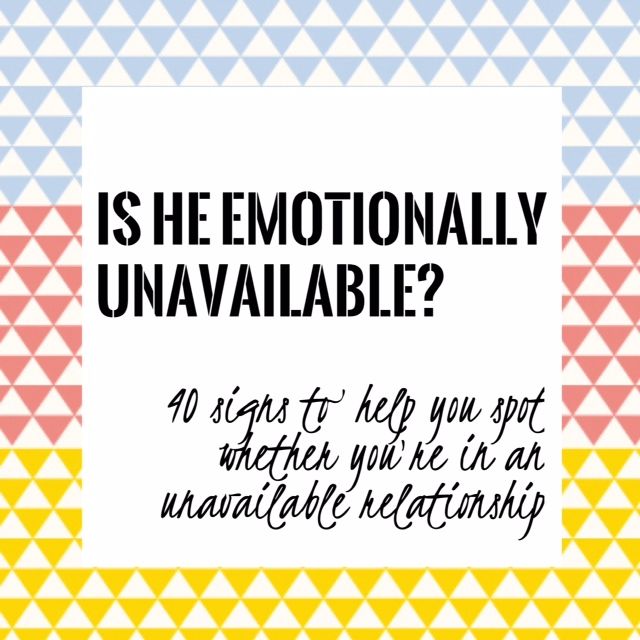
Add to favorites
Share
Related articles:
7 signs of an emotionally unavailable partner
Let's start with the main thing: it is really difficult for an emotionally unavailable person to share his feelings and really get close to other people. As a rule, there is a crisis of trust and a fear of intimacy behind this - this causes him to be fickle and avoid relationships.
Usually the reasons for this are a complex intricacies of personality traits and painful experiences (especially loss, rejection or abandonment). All this forms the style of behavior with others.
Such people are often called toxic or narcissistic traits are attributed to them. Sometimes this is true, but more often it is not. Early loss or the painful experience of rejection can indeed be difficult to bear. And the extreme degree of natural shyness makes a person close against his will.
It can be difficult for these people to let go of their defenses, the prospect of intimacy with others scares them so much. What else makes them different?
1. They are afraid of deep conversations
It is not easy for them to plunge into the world of feelings and emotions - they are ready to listen to a partner, but only for the time being. At the moment when it becomes completely unbearable, they simply change the subject, and when they are required to make any commitments, they feel cornered.
2. Intimacy for them always coexists with fear
Love and intimacy for them always comes with a "makeweight" in the form of inevitable (as it seems to them) conflicts, life dramas or potential rejection - everything that happened to them before.
3. They have real trust problems
If a person has suffered a lot, it is difficult for him to enter into any relationship with an open heart - it is too scary to be vulnerable again and experience new pain.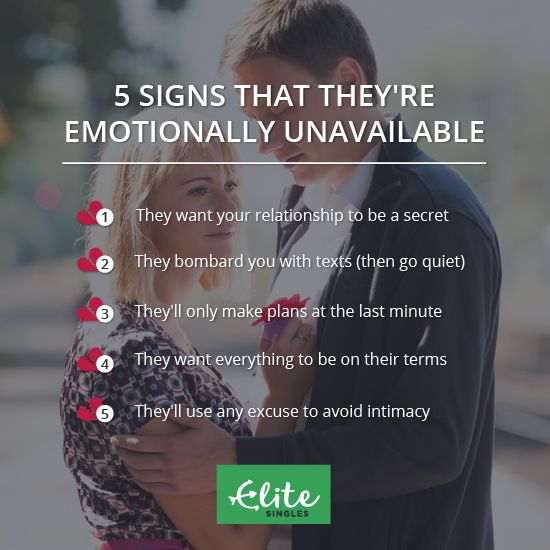
4. They do not know how to express feelings
Often emotionally unavailable people simply do not have the skill of expressing everything that is on their souls. This does not mean that experiences are alien to them, they just do not know how to share them.
5. Often they easily and quickly cut off ties with people
Moreover, any ties, including family ones. Which, of course, brings a lot of suffering to others. But at the same time, the person himself is sure that it will be easier this way than painfully choosing words and explaining himself, risking offending another.
6. They often choose a relationship at a distance
Or they enter into a relationship with a person who is not free - it's easier to keep the distance they need and not take the “next step”.
7. They are interested in others, slowly opening up in response
Asking questions and listening to answers is easier for them than talking about themselves. And the interlocutor, as a rule, such attention and interest is extremely pleasant - until it becomes clear that he himself did not know anything about the partner.